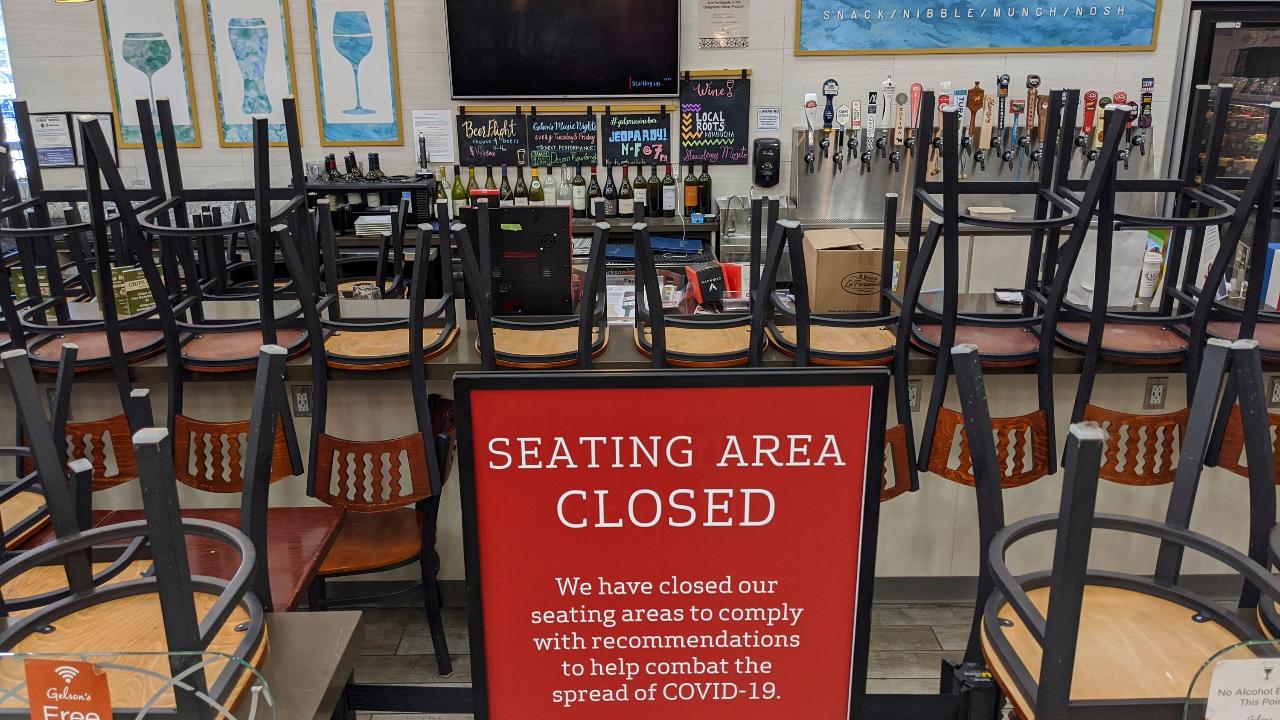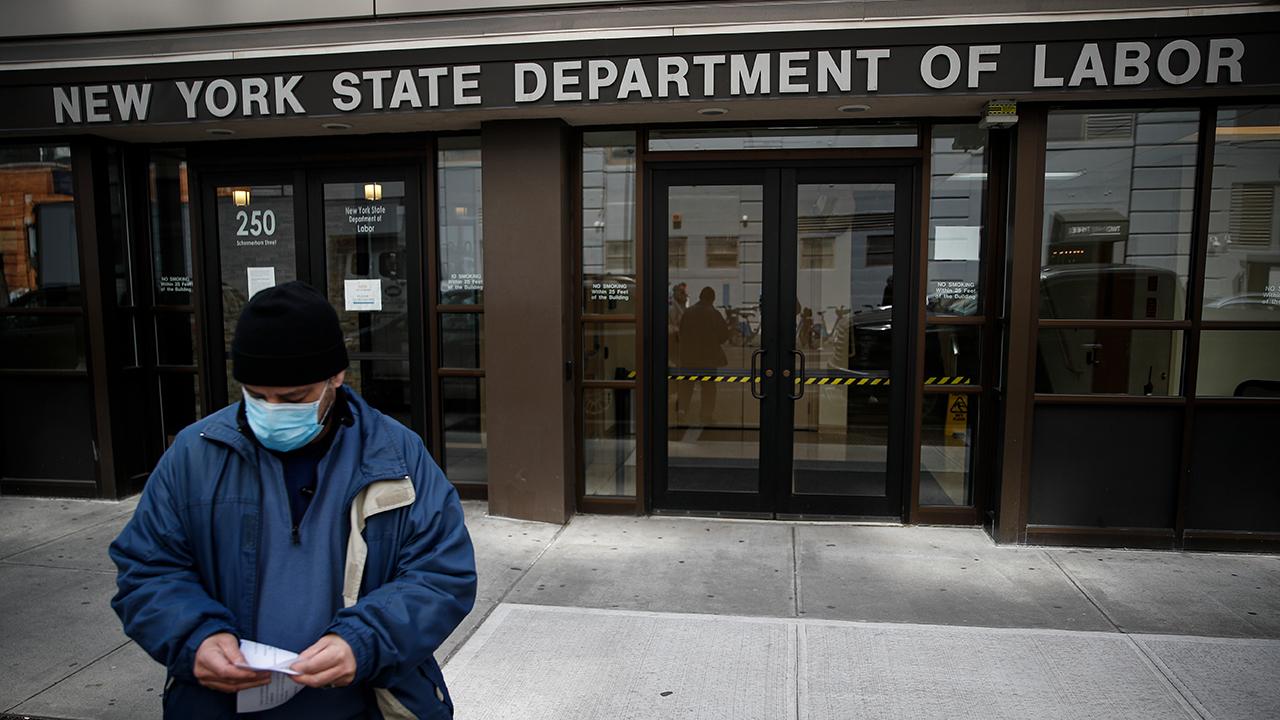Does business insurance cover coronavirus-related losses?
Insurance companies started including virus exclusions in 2006
Get all the latest news on coronavirus and more delivered daily to your inbox. Sign up here.
Many businesses have had to close their doors because of the coronavirus pandemic -- either because of specific government restrictions against “non-essential business” or because they haven’t made enough money during the crisis to keep their doors open.
To recoup some of those losses, business owners may look to their business insurance protection plans for help.
However, viruses are not covered by business insurance, according to Robert Morris, president of Rampart Insurance Services, just outside New York City.
FILING INSURANCE CLAIMS FOR CORONAVIRUS? REMEMBER THESE 5 TIPS
“Probably 99.9 percent of insurance policies do not cover the virus,” Morris told FOX Business. “There are specific exclusions.”
According to Morris, the virus exclusion was added to most insurance policies in 2006 after the Insurance Services Office (ISO) endorsed the exclusion.
“It all started with SARS, really,” Morris said.
An epidemic of SARS, which stands for Severe Acute Respiratory Syndrome, affected 26 countries in 2003, according to the World Health Organization (WHO).
Three years after the epidemic, ISO filed an exclusion to state regulators for “Loss Due to Virus or Bacteria,” according to law firm White and Williams.
GOOGLE PROMISES $800M IN CORONAVIRUS AID TO SMALL BUSINESSES, OTHER GROUPS
The language in the exclusion, according to the firm, specifically says insurance companies won’t pay for losses or damages -- including lost business income - from “any virus, bacterium or other microorganism that induces or is capable of inducing physical distress, illness or disease.”
Even though some attorneys and websites have recommended looking into business interruption insurance to get their losses covered, Morris said physical damage is actually required to make that kind of claim.
Attorney Bill Abbott from Cavett, Abbott & Weiss in Chattanooga, Tennessee, works with small businesses but said he didn’t know about the virus exclusion until this week when he heard about it in a virtual seminar.
“Most of the lawyers that are working with small businesses and representing small business haven't had much of an opportunity to have exposure to this issue as far as how it works in practice, because you haven't had it happen and you haven't had insurers deny it,” Abbott told FOX Business.
WILL LIFE INSURANCE PAYOUT FOR CORONAVIRUS PANDEMIC?
He said that past litigation indicates where future cases will go but added that he would be surprised if there are any examples of virus-related cases to base current cases on.
“We're on new ground on this. We're in new territory,” he said.
According to Morris, there was proposed legislation in New York City to have the virus exclusion waived so that insurance companies would pay for losses under business interruption, but it wasn’t passed.
“A whole bunch of the associations got together and reached out to them and said we are absolutely not covering this, this was not meant to be covered,” Morris said. “Business interruption policies do not and were not designed to provide coverage against communicable diseases.”
Abbott said he heard about the political pressure, but he said he doesn’t think it will be successful.
“It would be unprecedented if insurers were categorically waiving exclusion like that,” he said.
CORONAVIRUS FEARS MAY NOT BE ENOUGH FOR TRAVEL INSURANCE PAYOUTS
However, Morris said he suspects there will be some coverage for communicable diseases in the future, just like “after 9/11, the terrorism risk insurance that was created.”
But for now, he said business owners should continue filing claims to their insurance companies -- even without coronavirus coverage.
“I would tell clients that even though there's no coverage right now, you should still file claims and keep very good records of their financial loss,” Morris said.
GET FOX BUSINESS ON THE GO BY CLICKING HERE
And don’t wait to file, Abbott added.
“If you think you have a loss that may be covered, there’s really no reason to start wondering and second-guessing, what might the insurance company do,” he said. “In writing, notify your insurance company and ask them to consider your claim.”
But don’t make the mistake of just calling your insurance company, he added. Many people think they can just call their insurance agent, but their agent doesn’t usually have anything to do with deciding claims.
“I don't think it's a problem to call your agent, because a lot of people have a personal relationship with their agent and agents are very helpful with that,” Abbott said. “But the agent is not the person that decides the claim … all they're supposed to do really is help you get your claim to the person that can process it.”
























